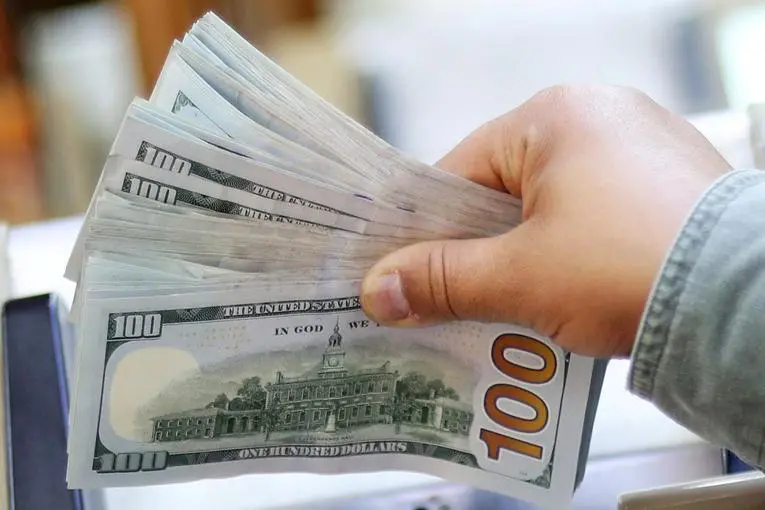PHOTO
JEDDAH: Saudi Arabia is SR24 billion ($6.4 billion) short of its borrowing plan for 2021 and considering issuing more green bonds, the head of the Saudi national debt office Hani Al-Medaini revealed during an interview with Alsharq news.
The Kingdom plans to raise SR124 billion and it managed to get SR100 billion of that till the end of August, said Al-Medaini.
The government will also be looking at financing backed by export credit agencies, in addition to conventional and Islamic bonds — known as sukuk.
He made the comments at an investment conference in Riyadh.
The Gulf has seen a surge of interest in environmental, social and governance-related initiatives and deals amid growing awareness among global investors about such risks.
“We issued in 2020 a green bond transaction to King Abdulaziz Project for Public Transport, which is only a beginning for a long journey of sustainable finance ” said Al-Madani.
Saudi Arabia has recently hired banks to advise it on a sustainability financing framework, and the Public Investment Fund said it planned to announce soon its first green debt deal.
Mohammed El-Kuwaiz, the chairman of Saudi Arabia’s Capital Market Authority, speaking at the same conference, said he expected an increase in green financing instruments in the Kingdom, supported by growth in the domestic debt markets and higher participation of foreign investors.
The rise of investing that prioritizes environmental, social and governance issues is rapidly reshaping the Gulf’s financial landscape as corporations increasingly weave these principles into their businesses and borrowings.
The synergies with Shariah-compliant investing have also become apparent in some recent regional debt sales such as the $2.5 billion “sustainability sukuk” launched by Jeddah-based Islamic Development Bank in March, with its proceeds used to finance both green and social development projects.
The trend could have major implications for Gulf states seeking to invest heavily in the renewables sector such as Saudi Arabia which aims to power half the country with renewable sources by 2030 under a green initiative.
The regional opportunity to deliver renewables projects and low-carbon fuels was highlighted by Moody’s Investors Service in a recent report on the global energy transition.
“As a sunny region, the GCC has a natural competitive advantage in solar power, and its longtime experience with water desalinization offers a further edge to be able to capitalize on new technologies such as green hydrogen, produced through hydrolysis using power from the renewables,” it said.
Disclaimer: The content of this article is syndicated or provided to this website from an external third party provider. We are not responsible for, and do not control, such external websites, entities, applications or media publishers. The body of the text is provided on an “as is” and “as available” basis and has not been edited in any way. Neither we nor our affiliates guarantee the accuracy of or endorse the views or opinions expressed in this article. Read our full disclaimer policy here.
© Arab News 2021





















